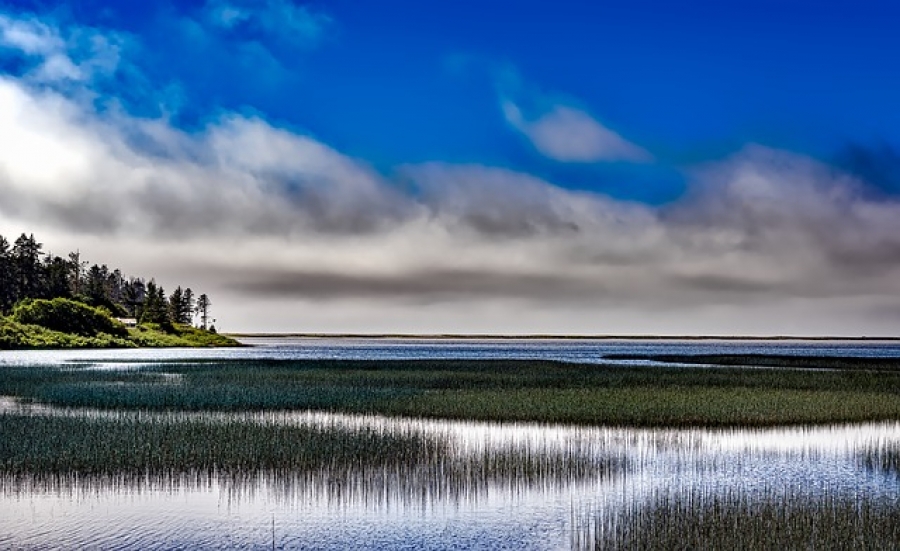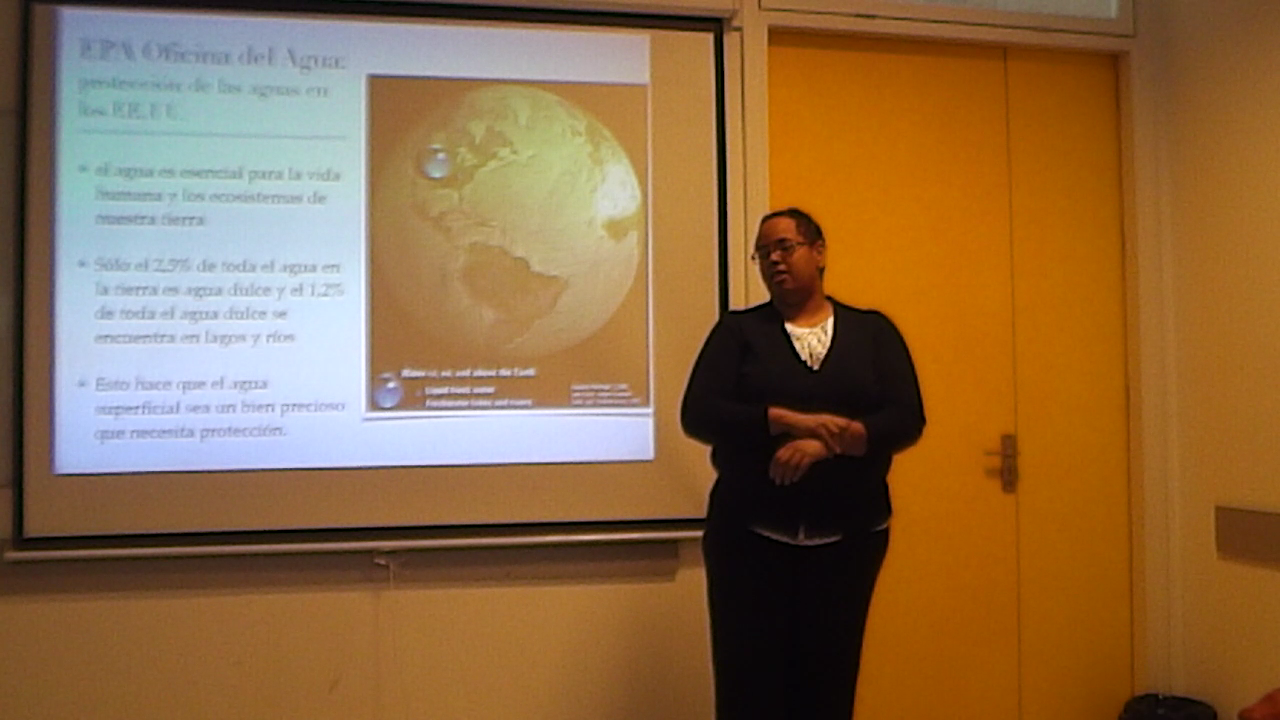Seminar titled “Management of Water Quality in the USA: An Overview of Framework, Challenges and Successes.”

With the purpose of contributing to the development of research plans and actions in favor of sustainable management of strategic watersheds in Uruguay, the SARAS Institute supports and implements specialization programs aimed at managers and decision makers.
These include workshops on water quality and availability, impact of anthropic activities on the environment, understanding complex socio-ecological systems, loss of biodiversity, climate change, among others topics. During this event, and in cooperation with the Embassy of the United States of America, various educational and outreach activities were scheduled, along with activities in support of surface water resource management.
Within this framework, a seminar was offered with instructor Amina Pollard, PhD, an ecologist from the US and a researcher at the office of National Lakes Assessment at the Environmental Protection Agency (EPA): The title of the seminar was “Management of Fresh Water Quality in the USA: A Vision of the Framework, Challenges and Successes.”
The seminar took place on September 9, 2015 at 3:30 pm in Room 1 of the University Center of the Eastern Region (Centro Universitario de la Region Este or CURE in Spanish) in Maldonado, and it was transmitted via videoconferencing to the CURE office in Rocha. Amina Pollard visited our country within the framework of Embassy Science Fellows Program, a program of scientific cooperation between the US and Uruguay.

Amina Pollard, PhD Environmental Protection Agency, USA
Additional information
Amina Pollard is an ecologist and works at the EPA. She completed a PhD at the University of Wisconsin-Madison in 2002 and later started working at the EPA´s Office of Research and Development. She focused on identifying the causes and understanding the consequences of pollution in the water quality of rivers and streams.
Currently she works at the National Lakes Assessment in EPA where she leads an assessment of the ecological status of lakes across the US.
She also works on making scientific information available to decision makers.
